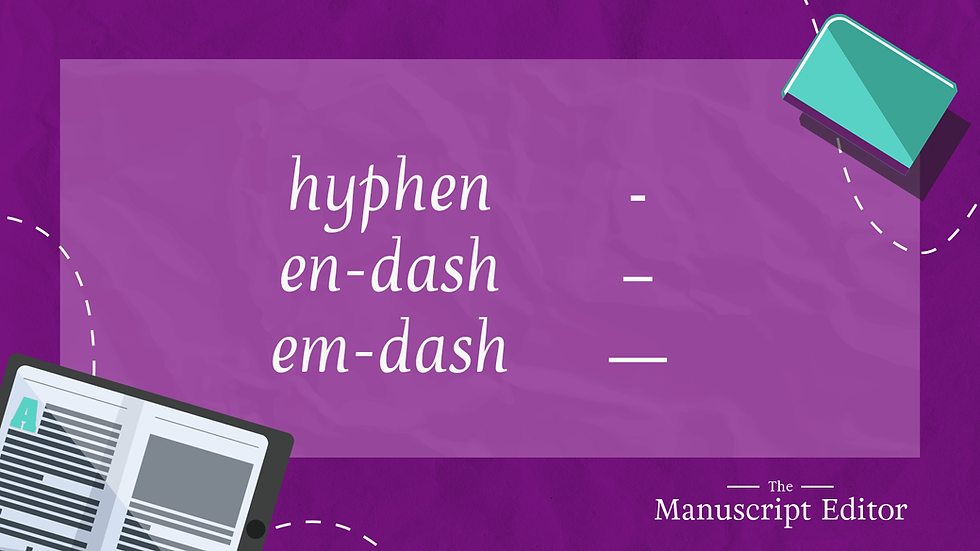10 Commonly Misused Words and How to Use Them
- Andria Pasco
- May 27, 2025
- 3 min read
While not everyone can be a wordsmith, it doesn't hurt to learn (or unlearn) about the words we use—and find out we actually misuse some of them. There's no judgment, though. We can all repent from our mistakes, so before committing another one, here are a few words that probably don’t mean what you think they mean.
Peruse
What we think it means: skim or browse
This is often employed in writing emails, and while it may be a common word in a formal correspondence, people may not realize its actual meaning. It is more than just taking a glance at a document or an attached file. When you say you "peruse" something, it means that you examine or study it in great detail.
How to use it: You should peruse important documents to see if there are discrepancies.
Literally
What we think it means: figuratively
This word is literally misused and abused in daily conversations. People can say, “I was literally dying of envy when I heard the news,” or “You literally slayed.” In reality, none of these events happened in a literal sense. They were all figurative, hence the misuse of the term.
How to use it: He took my words literally and executed the plan.
Infamous
What we think it means: not famous enough
We get the confusion here. The prefix in- in this word does mean “not,” so don't treat this just like any other word with the same prefix. Instead, we say that an infamous person is well-known for all the wrong reasons. It could be because of bad rumors or a bad rep.
How to use it: I bet you can name a lot of infamous TikTok celebrities.
Refute
What we think it means: refuse or disagree
When you refute something, you don’t just disagree with it. You’re saying you can prove your point.
How to use it: I can refute that the rumors are untrue. I have evidence to show.
Dilemma
What we think it means: a difficult situation
It’s a bit more nuanced than that. Taking your cue from the prefix di-, a dilemma is a situation in which you can only choose one of two options.
How to use it: Dorothy was in a real dilemma when she couldn't choose between two courses in college.
Regularly
What we think it means: often or frequently
When you say something happens regularly, it happens at a set period or within a set of intervals. For example, a news program occurs regularly, but breaking news may not.
How to use it: We regularly publish blog posts for your entertainment.
Plethora
What we think it means: a lot of
Plethora means more than just a lot of something; it means an overwhelming amount of it. For example, you may say that the government faced a plethora of challenges during the pandemic.
How to use it: We misuse a plethora of words in the English language.
Electrocute
What we think it means: an electric shock
This word is a combination of “electrify” and “execute.” You say that an electrocuted person did not only experience an electric shock, but was severely injured or killed by an electric current.
How to use it: Good grammar can be electrifying, but never electrocuting.
Barter
What we think it means: haggle
The meaning of the word “barter” is actually closer to “trade,” and it is far from “haggle.” When you’re bartering, you’re offering to pay for something not with money but with a skill or a valuable item.
How to use it: I forgot my wallet at home, so I bartered for a coffee with my barista skills instead.
Entitled
What we think it means: The title of anything, as in “This book/movie/song is entitled . . .”
Nope. “Entitled” really means that you believe you have a special right or privilege.
How to use it: You are entitled to your rights to push through with the process.
If you want fresh eyes, expert-level feedback, or support that goes beyond spellcheck, The Manuscript Editor is built for writers like you. Visit and sign up at themanuscripteditor.com to get a FREE 800-word editing sample of your choice.
Sources:









Comments